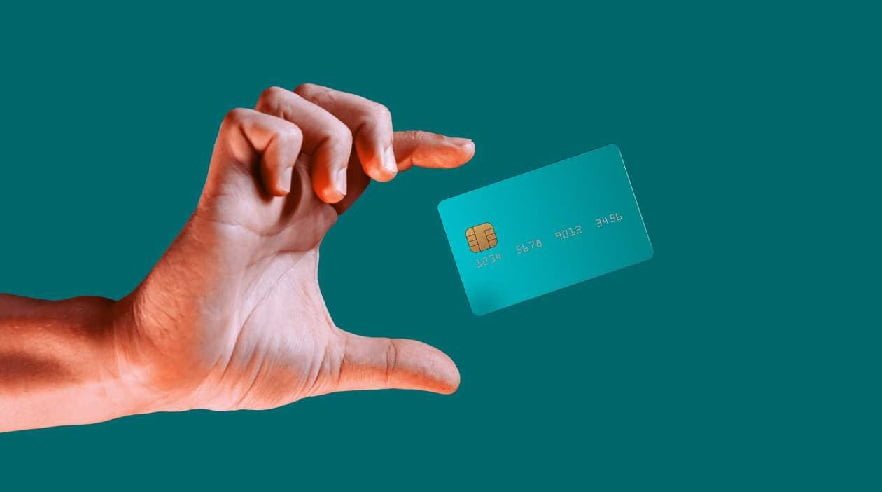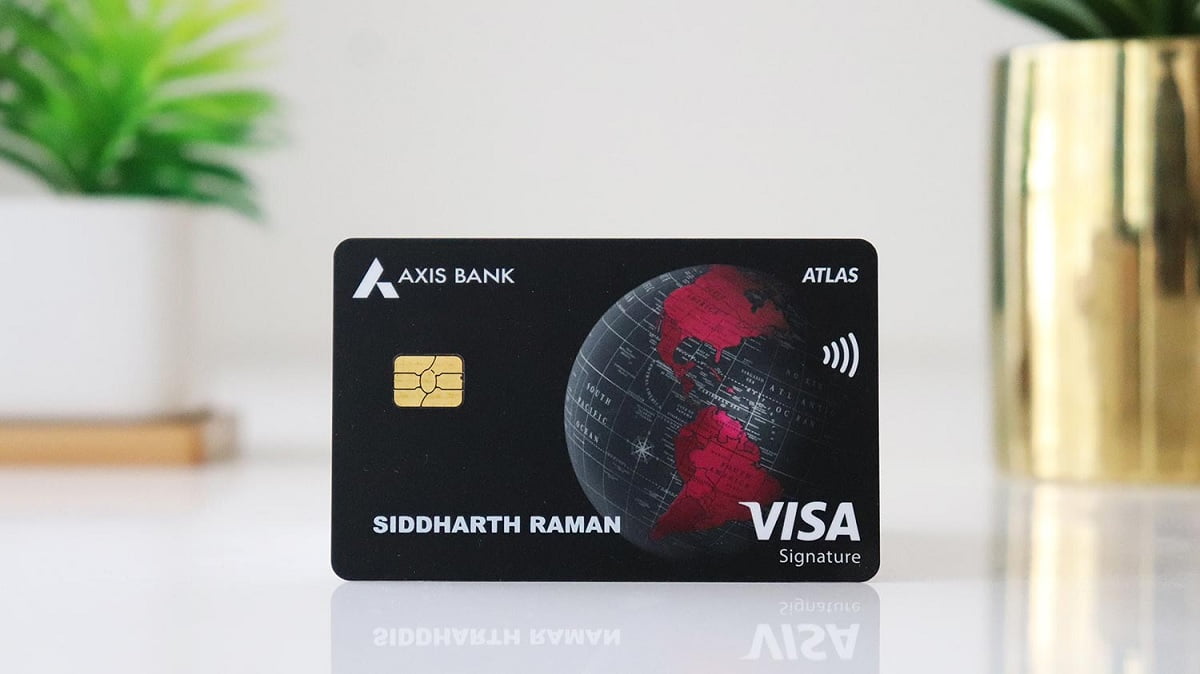FBT Credit Card Reviews, Benefits 2026

FBT or “fringe benefits tax” is a tax applied in Australia to certain benefits employers provide to their employees, such as company cars, discounted loans, and private health insurance premiums paid by employers. The FBT year runs from April 1 to March 31, and the ATO requires employers to lodge an FBT return if they have provided fringe benefits exceeding $2,000.
One type of fringe benefit that is common is providing employees with access to a company credit card that they can use for business expenses as well as some private expenses. There are specific FBT rules around company credit cards that both employers and employees need to be aware of.
In this article, we’ll cover:
- What is FBT on company credit cards?
- How is FBT calculated on credit card expenses?
- What credit card expenses are subject to FBT?
- What expenses are exempt from FBT?
- How can employers reduce their FBT liability?
- What are the FBT disclosure requirements?
- What are the implications for employees?
- Key takeaways about FBT and company credit cards
Providing this overview of FBT on company credit cards will help employers and employees understand their obligations and how to stay compliant with the ATO’s requirements.
What is FBT on Company Credit Cards?
FBT on company credit cards refers to the fringe benefits tax that may apply when an employer provides an employee with a credit card for business expenses, and the card is used for private purchases.
The ATO categorizes a company credit card used for private purposes as a “residual fringe benefit”. FBT will apply when the total taxable value of the fringe benefits provided to the employee exceeds $2,000 in an FBT year.
The employer is liable for the FBT, not the employee. However, excessive or inappropriate use of a company credit card for private expenses can be a breach of employment conditions.
How is FBT Calculated on Credit Card Expenses?
When company credit cards are used for private purposes, FBT is calculated on the taxable value of the individual fringe benefits provided.
For credit cards, the taxable value is the total value of all private transactions made by the employee on the card during the FBT year. This includes:
- Personal retail and online purchases
- Hotel stays, flights, car rental, and other travel expenses
- Entertainment such as movies, sports events, and meals
- ATM withdrawals
Petrol, taxi fares, and food/drink during work trips are exempt (see below). The taxable value also excludes any private expenses repaid by the employee.
The gross taxable value is reduced by any employee contributions to arrive at the net taxable value. FBT is calculated at a tax rate of 47% on the net amounts.
What Credit Card Expenses are Subject to FBT?
As a general rule, any personal or private expenditure on a company credit card will be subject to FBT where the total value of fringe benefits exceeds $2,000. Common examples include:
- Retail shopping – clothes, books, homewares, electronics, etc.
- Luxury items like jewelry, watches, or artworks
- Entertainment such as alcohol, tickets to sporting events, movies, concerts, etc.
- Restaurant meals, unless entertaining clients or during work travel
- Personal digital subscriptions – Netflix, Spotify, online gaming memberships, etc.
- Hotel stays and flights when not for a genuine business trip
- ATM cash withdrawals or ‘cash out’ from retail purchases
- Family travel – e,.g. flights for a spouse or dependents
- Pet expenses
- Personal medical expenses
- Financial services – insurance premiums, financial advice fees
Any transactions without a clear and documented business purpose will generally be deemed private and liable for FBT. Employees must identify private expenditures.
What Expenses are Exempt from FBT?
Some common credit card expenses are exempt from FBT where they meet specific exemption criteria:
- Work-related travel:
- Flights/public transport
- Meals and accommodation
- Taxi fares and rental cars
- Entertainment where clients are present
- Petrol purchased for business purposes
- Food and drink during overtime work
- Office Christmas parties (up to $300 per employee)
- Professional subscriptions and memberships
- Reimbursements paid by the employee
Anti-avoidance provisions apply to some exemptions. For example, a lavish overseas “work trip” may be deemed private if there is inadequate evidence that it was business-related.
Employees need to provide documentation, such as receipts and justification for transactions, to prove an exemption applies. Employers should have policies guiding exemptions and maintain thorough FBT records.
How Can Employers Reduce Their FBT Liability?
There are some options available to minimize the amount of FBT an employer must pay:
- Set clear policies on acceptable use of company credit cards and monitor expenditure
- Ensure employees keep a detailed record of expenses and mark private transactions
- Consider paying FBT ‘upfront’ by reducing employees’ gross salaries by the amount of expected FBT
- Implement an employee contributions strategy, where private expenses are paid back
- Take advantage of FBT exemptions by providing eligible work-related benefits
- Use external consultants rather than employees where you can (no FBT applies)
- Obtain private tax rulings from the ATO for uncertain situations
Taking proactive measures around company credit cards and creating frameworks to distinguish private from business expenses can help minimize FBT liabilities.
What are the FBT Disclosure Requirements?
Employers have several FBT disclosure requirements:
- Record private transactions: Keep detailed records of any private credit card transactions made by employees. Employees must identify private transactions as they occur.
- Issue payment summaries: Include the grossed-up taxable value of fringe benefits on employees’ annual PAYG payment summaries for the relevant FBT year.
- Lodge FBT returns: Lodge an FBT return with the ATO reporting the net FBT liability. This is due by 21 May after the close of the FBT year.
- Keep records for 5 years: Documents proving FBT transactions and calculations must be retained for at least 5 years. This includes employee declarations, receipts, tax invoices, lease documents, and log books.
Complying with the comprehensive FBT disclosure requirements can be challenging, ng bit it is essential to avoid penalties from the ATO.
What are the Implications for Employees?
For employees provided with company credit cards:
- Any private transactions on a company card may create FBT obligations for the employer. Employees have a responsibility to identify private expenditures.
- Private transactions should be limited, documented, and reimbursed where feasible. Employees remain personally liable for most company card transactions.
- The total grossed-up taxable value of fringe benefits is reported on the employee’s PAYG payment summary and needs to be included in their tax return.
- Inappropriate use of a company credit card, such as excessive private transactions, can result in disciplinaryactionn including suspension of card privileges or even termination of employment.
- Everything You Need to Know About the FBT Credit Card
- Employees can consult the employer’s FBT policies and guidelines or ask their payroll/HR department if they are unsure whether a purchase is exempt from FBT.
Key Takeaways about FBT and Company Credit Cards
- FBT applies to company credit cards when private transactions exceed $2,000 in an FBT year.
- The taxable value for FBT is total private transactions less any reimbursements or employee contributions.
- Exemptions apply to some expenses like petrol, meals during overtime, and properly documented business travel.
- Employers must keep thorough records and submit annual FBT returns to the ATO.
- Private transactions are reported on employees’ payment summaries and tax returns.
- Excessive private expenses can breach employment conditions and even lead to disciplinary action.
Both employers and employees have obligations around recording, reporting, and reimbursing private company credit card transactions. Understanding the FBT requirements and treatments is key to ensuring compliance.



